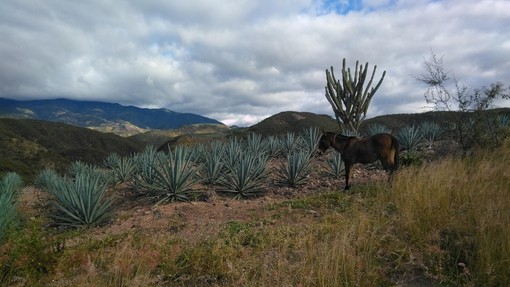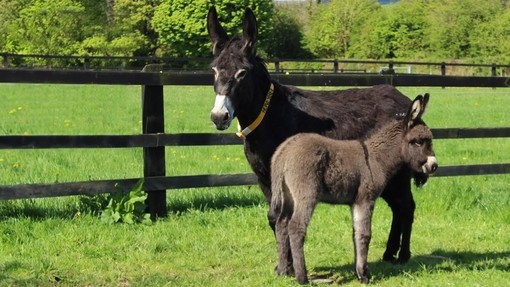
Learn more about our welfare partnerships across Africa
Donkey owners in Kenyan communities have spoken of the impacts of losing their donkeys to skin traders looking for a supply of donkey skins at any cost.
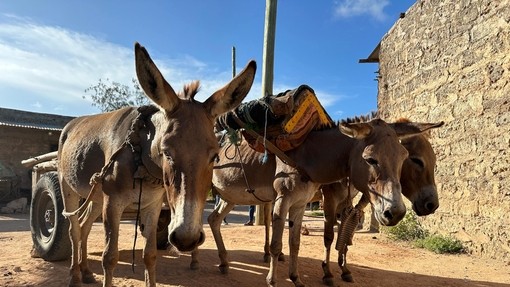
In our expert interview series, we explore the minds of donkeys with animal behaviour professor and plastic pollution researcher Dr Leanne Proops.
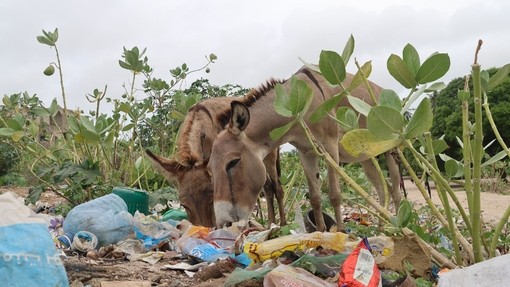
This Plastic Free July, we spoke with the team at The Donkey Sanctuary Kenya about the rise in cases of poisoning and colic due to plastic ingestion.
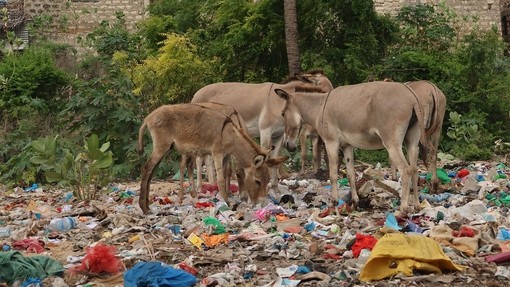
To mark this year’s International Working Animal Day (15 June), we shine a light on how The Donkey Sanctuary is working with local communities in Kenya to improve the welfare of the working donkeys who provide a lifeline to the people living there.
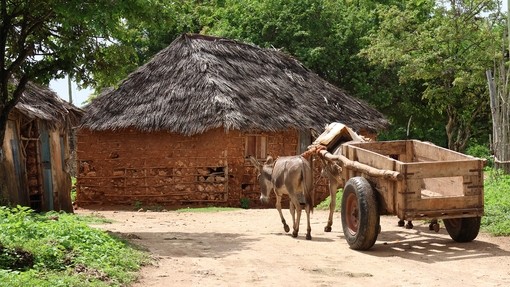
On World Donkey Day (8 May), we applaud Emirates, the largest international airline in the world, for implementing an embargo on the carriage of donkey skins on Emirates aircraft worldwide.
On World Veterinary Day (27 April), we catch up with Obadiah Sing’Oei, Lamu Programme Manager and Clinic Lead, Kenya, about his role at The Donkey Sanctuary Kenya’s seafront clinic and why veterinarians are essential health workers.
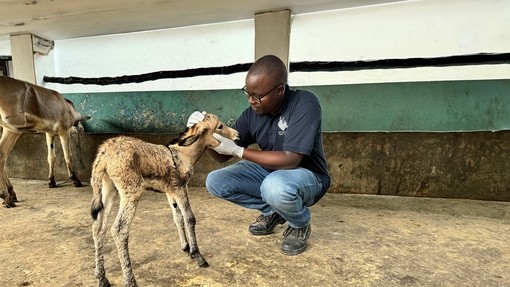
On World Water Day (22 March), The Donkey Sanctuary held an event in the village of Nuu, Kenya to raise awareness of the huge impact of working donkeys on female empowerment in rural parts of the country.
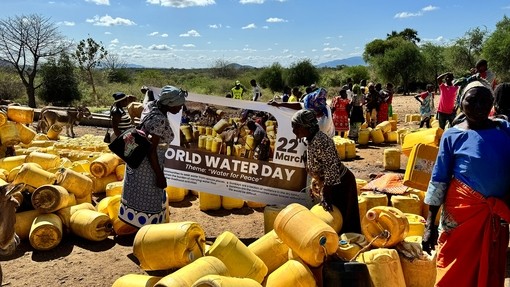
When 55 nations across Africa agreed unanimously to ban the slaughter of donkeys for their skins last month, it was a truly historic moment - not just for donkeys, but for women and girls too. Our CEO, Marianne Steele, explains the important connection between donkeys and women's livelihoods.

The Donkey Sanctuary welcomed the decision of the African Heads of State as they agreed to ban the slaughter of donkeys for their skin, helping to protect the continent's 33 million donkeys.

Where we work
The latest updates from our work across England, Wales, Scotland and Northern Ireland.
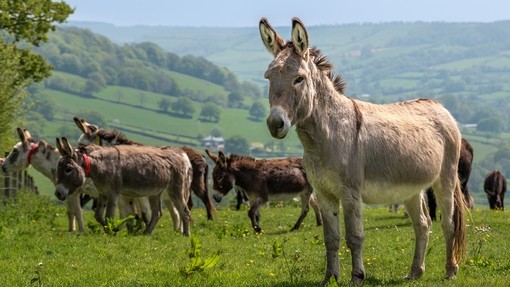

We work to ensure donkeys across the Americas are nurtured and well looked after, helping them form a vital part of local communities.
